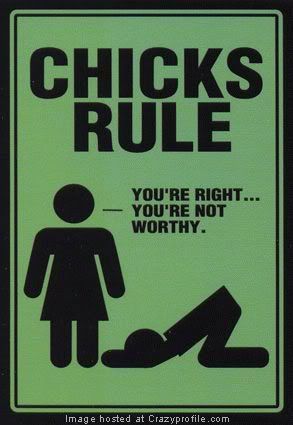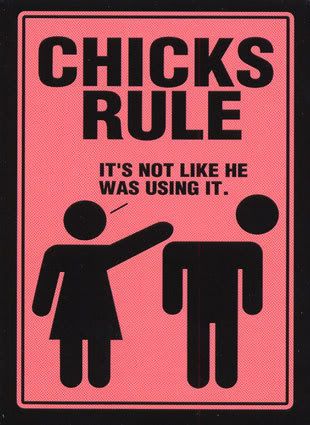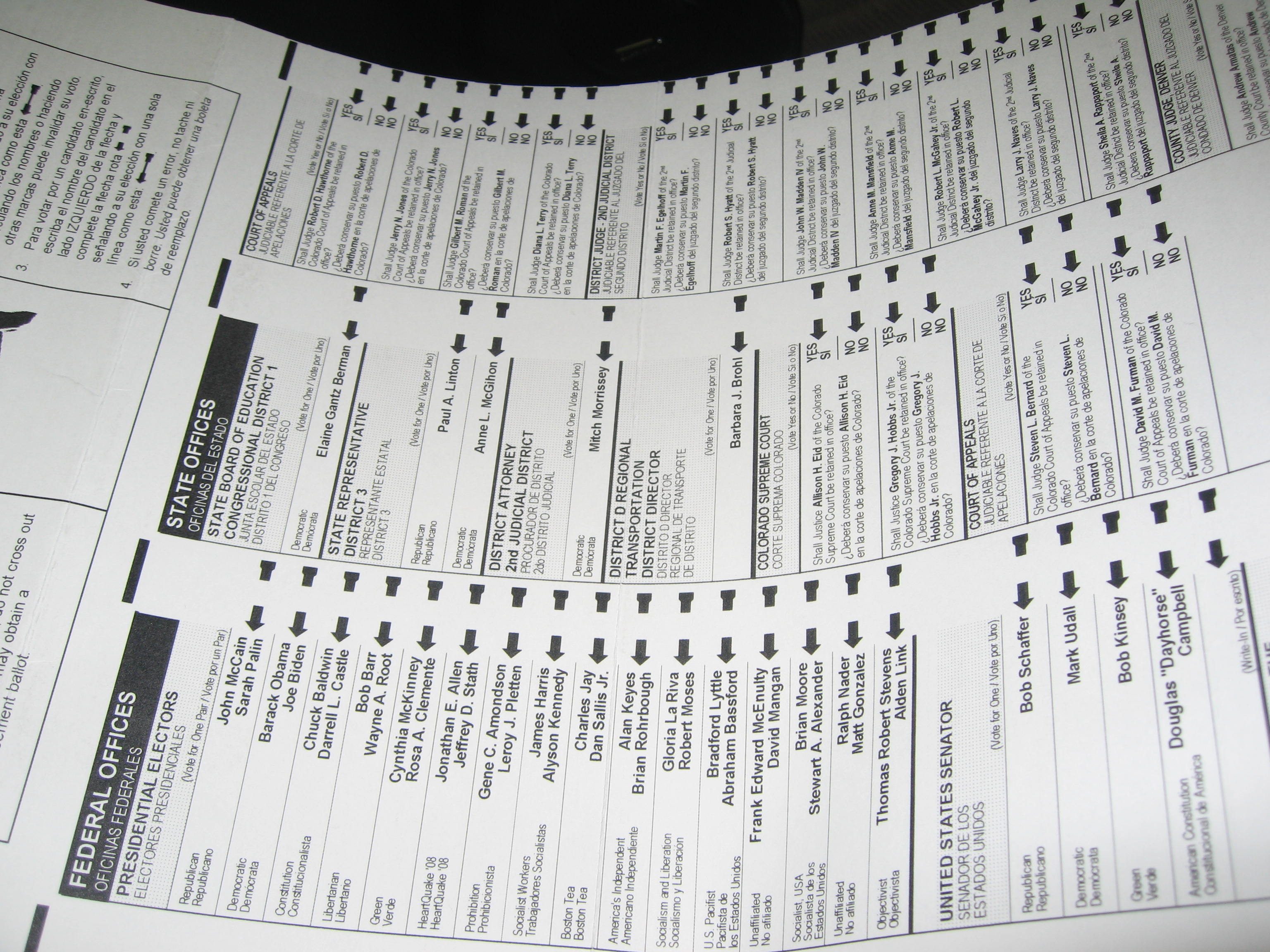
What is behavioral genetics? It examines the genetic basis of intelligence and of personality characteristics such as depression, empathy, impulse control, predisposition to addiction, and sexual orientation.
There are good reasons we don't discuss behavioral genetics. As an
Economist article pointed out, we currently can't do anything about the genetic roots of our behavior, so discussing it merely encourages personal fatalism, when in fact, our behavior is at least partly changeable. Also behavioral genetics evokes thoughts of the horrific Nazi eugenic plan, in which millions of people were slaughtered in an attempt to create a master race.
Even as a young child, I was fascinated by how much we inherit. One reason is that I was born to parents who had the worst imaginable environment: Holocaust survivors who, as teenagers, were wrested from their Poland homes and imprisoned in concentration camps, and after the war, dumped onto a cargo boat and dropped in the Bronx as young adults, without a penny to their name, no education, not a word of English, no relatives (nearly all were killed in the Holocaust), no connections, only the scars of the Holocaust tortures. Yet they were successful and well-adjusted, as were many of the Holocaust survivors I've come to know. Early on, I knew that while genetics aren't everything, they certainly are important.
But what really drove home the power of genetics was my own experience. Although I was the child of poor, uneducated, non-English-speaking, Holocaust-surviving parents, and living in a Bronx tenement, my mother insists that I was reading the
New York Times (with little comprehension, no doubt) when I was three years old. My earliest memory is of my mother parading me from apartment to apartment showing off my reading ability. Even though my parents never read to me nor took me to the library, by watching words spoken on TV and staring at a few children's books and then the newspaper, by the time I was in the first grade, my reading comprehension was on a 12th grade level and my IQ was 155. Without practicing more than 15 minutes a day, I became a professional pianist when I was 13 years old.
My fascination with behavioral genetics went dormant until, in my doctoral program at Berkeley, I read studies of identical twins who were raised apart. Despite often being raised in extremely different environments, the identical twins' IQs were virtually identical, as were their personalities, even their career and avocational preferences.
My interest in behavioral genetics grew further in graduate school when I chose my area of specialization. I've always loved judging things so, not surprisingly, I gravitated to evaluation: program evaluation, individual cognitive evaluation, etc. The more I read evaluations of "model" programs designed to change children's environments, the more I became convinced that while environment may matter, genetics matter more. I reviewed the evaluations of Head Start, Title I, the Kansas City experiments of spending massive amounts per child, experiments with having students from Chicago housing projects attend top prep schools, and media-touted "miracle" programs like Marva Collins' schools, Central Park East, and more recently, Ed Trust, and KIPP. When I dug beneath the self-promoting schools' marketing efforts and a media eager to show that education matters, I became ever more certain of the relative power of genetics over education.
Beyond studying those programs' evaluation data, I visited a number of such programs. I've come to believe that a model program is one you haven't visited. My most startling memory is when my wife Dr. Barbara Nemko (Napa County Supt. of Schools and recent regional Supt. of the Year) and I visited Central Park East School, the subject of two glowing features on
60 Minutes, touting Central Park East's test scores as proof that education can close the racial achievement gap. We spoke with the principal, who, after we gained his trust, literally cried and said that the temporary blip in scores came from an impossible-to-sustain monumental effort that faded not long after the cameras left and that, now, the school's achievement scores are right back to the average of the other public schools in Harlem.
I was very dispirited by all this. After all, I had devoted my life to changing people, hoping that environment mattered a lot. I quit my position as a biomedical researcher at the Rockefeller University to become a drug counselor in an inner-city New York junior high school. Failing to change the kids, I took the six years to get a Ph.D. from Berkeley in education. After that, I returned to teach in inner-city Richmond, California schools, and while my students loved me, I do not believe my extraordinary efforts yielded significant enduring changes in the kids. I later became a career counselor, dealing with less problemed people, and despite having a 96% client satisfaction rate and being proclaimed "career coach extraordinaire" by
U.S. News, I still find it very difficult to change people, for example, from low-motivation to high-motivation, let alone from being an average performer to a star.
Even though I have a Ph.D. specializing in program evaluation, I'm disproportionately affected by personal experiences. I'll never forget my friend Miriam Weinstein telling me, "Every mother of two or more kids knows how powerful genetics are. They have distinct, enduring personalities from Day One, or even before. Thirty years later, my kids' basic personalities have remained the same." Every time I ask a mother if her experience comports with Miriam's, she always says yes. That further solidified my belief in the power of behavioral genetics.
At my core, emotionally, I'm a liberal. I care about helping the have-nots, perhaps in part because I came from such humble roots and my parents were victims of the Nazis. I've wanted, for decades, to find reasons to believe that changing the have-nots' environment, whether through educational innovation or spending, nutritional improvement, job training, mass media, whatever, would close the achievement gap.
Yet now, at age 60, I am more convinced than ever of the power of genetics. Just as tuning up a VW Beetle will never turn it into a Ferrari, I am now convinced that trying to close the achievement gap by changing only people's environment will continue to fail, as it has for the past half century, wasting yet more taxpayer trillions on such programs. And indeed we have, in the U.S., spent at least a trillion dollars since the 1960s on such efforts, and the achievement gap remains as wide as ever.
That is why, as I've written before, I believe the wisest approach to addressing the persistent racial and social-class achievement gap is to supplement research to identify better environment-changing interventions with research that would enable prospective parents
to elect to ensure that their children don't start out life with a genetic two strikes against them.
If such research were permitted by the government and especially if subsidized by the government, we would, within a decade or two, find gene clusters responsible for at least components of intelligence, empathy, impulse control, depression, addictions, etc. At that point, prospective parents could be given the
option of having gene therapy to ensure their baby is born as--what liberal philosopher John Rawls calls--a "winner in the genetic lottery."
As I wrote in a previous blog post on this subject, I want to stress that there is a Grand Canyon of difference between the monstrous Nazi eugenic plan and what I'm proposing. The Nazis wanted to murder people. I merely want to give parents choices, uncoerced choices. And to ensure that it doesn't exacerbate racial or class differences, I advocate the taxpayer subsidizing outreach and treatment payment for the poor, just as we do with MediCal and other health programs for the poor.
What do you think?
Update: Buried in one of the 33 comments on this post is mention of a major study being supported by the Chinese government. That study is comparing the full genome of 1,000 of China's most intellectually precocious children with the genome of 1,000 average children. They've already found the genomes of the two groups to be different from each other. Most readers of blogs don't read the comments so, because I find that study intriguing, I mention it here. My thanks to the commenter, Shawn, for providing the link: http://infoproc.blogspot.com/2010/12/supercomputers-and-mystery-of-iq.html
Another update: In a private comment on this post, a reader asked if I've ever implemented "Intelligent Choice," which I proposed in a previous post. In Intelligent Choice, the media and schools would initiate a campaign stressing that among life's most important decisions is who you'll have a baby with. For example, "That cool Bad Boy may be fun to date but do you really want your baby to have his genes?" In this blog and in my other writings, I give away many such ideas because I don't have time to implement them but I'd love it if someone decided to try to make Intelligent Choice happen. If you're interested, email me at mnemko@comcast.net and I'll share details.
 A couple of years ago, Karel (pictured right,) a popular talk show host on KGO-AM (ABC-San Francisco) said something ill-advised inadvertently on the air. Management replaced him with me.
A couple of years ago, Karel (pictured right,) a popular talk show host on KGO-AM (ABC-San Francisco) said something ill-advised inadvertently on the air. Management replaced him with me.


















